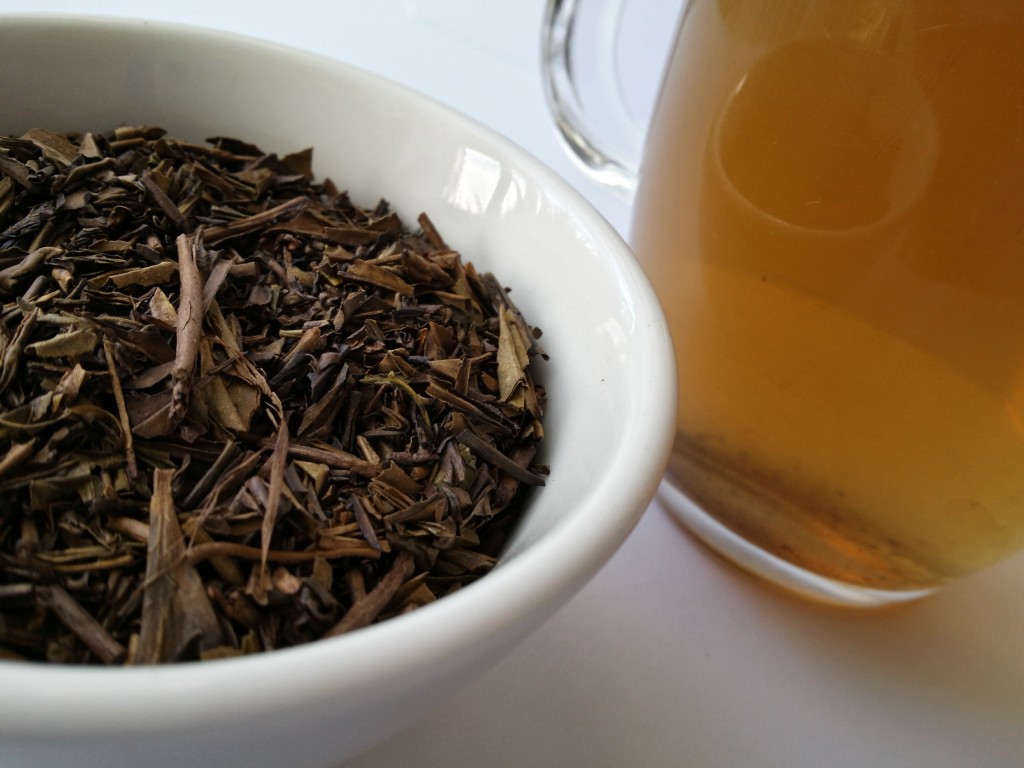Loose-leaf Links is a feature where I gather together the interesting bits and pieces I’ve come across in the last month and share them with you over tea. Today’s post is a special feature on diversity; I ended up with too much excellent material to fit into October’s post.
The tea in the photo is Japanese Houjicha, a green tea that has been roasted instead of steamed. Some very thoughtful friends picked it up from the Tea Centre for me. It’s the first time I’ve ever tried it and I found the roasting gives it quite a different flavour from the usual green teas.
Nationality
The Hugo Awards might be presented at the World Science Fiction Convention, but are they really an international award? A little while back, Lynn O’Connacht did a breakdown by nationality of nominees. The results are unsurprising, with the vast bulk of nominees being from the US.
Not content to leave the matter at that, Lynn committed to six months of reading novels by non-US authors and created a starting list of novelists that meet this requirement.
Race
You probably know by now that I’m a fan of Ambelin Kwaymullina. She wrote a lovely guest post on the Stella Prize blog regarding diversity and intersectionality for writers.
Which ties in with Justine Larbalestier’s post on writing PoCs when you’re white.
Over on BookRiot, Troy Wiggins discussed how writing black speculative fiction is protest work.
The Guardian has an overview of the Meg Rosoff controversy. The heart of Rosoff’s argument seems to be that all marginalised groups are interchangeable and therefore specific marginalised groups (such as queer black boys) don’t need specific representation.
Nafiza at The Book Wars responds eloquently to Rosoff and includes more links to other responses.
One of the responses is this open letter from Linda Sue Park in which she recontextualises the argument from the perspective of female readers.
Gender and Sexuality
Also related to the Rosoff controversy, Danika Ellis writes over on BookRiot about how queer people are not optional.
And because mainstream publishing too often do treat queer people as optional, Renay discusses the important role of fanfiction in her reading.
Ira of LadyBusiness has posted an excellent study of author gender distribution across a number of major SFF awards. I was pleased to see this included the Aurealis and Ditmar awards. It is a very thorough post and worth a read.
I get prickly when I’m told I should read something but this list of 11 Sci-fi books every woman should read had some excellent (and diverse) recommendations.
Finally (and to return almost to where I started), Lynn O’Connacht has been hard at work compiling a list of demisexual characters in original fiction and continues to take recommendations.

